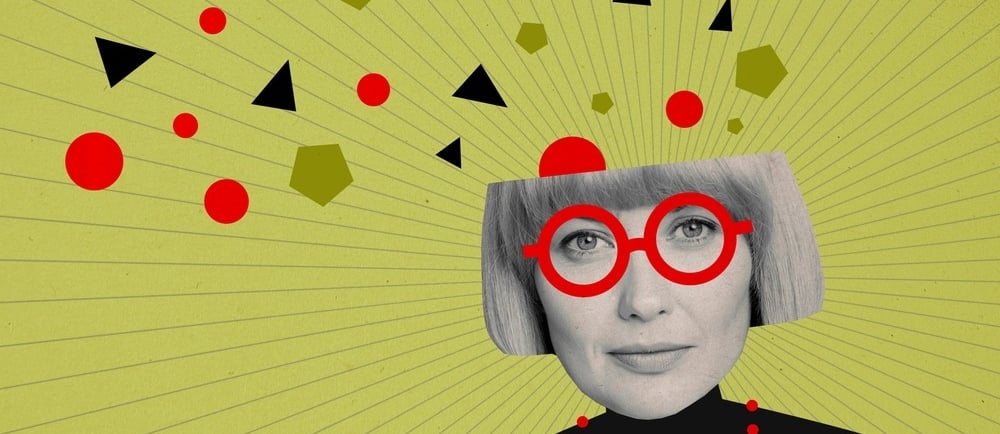Caregiving Will Break Your Brain (and That’s a Good Thing)
The hardest part of caregiving isn’t the endless logistics—it’s the mindset shift it demands. Letting go of control, embracing the irrational, and learning to meet your loved one where they are will challenge everything you thought you knew—but it’s also the key to surviving (and maybe even laughing along the way).
CAREGIVER SUPPORT


The Hardest Part of Caregiving Isn’t the Logistics—It’s the Mindset Shift
Caregiving is not a logistical puzzle to be solved, though there are certainly enough moving pieces to make you question your sanity. It’s not about how many doctor’s appointments you can schedule without screaming into the void, or how gracefully you can navigate Medicare’s labyrinthine policies. (Spoiler: you won’t.)
No, the hardest part of caregiving isn’t the to-do list—it’s the profound mental shift it demands. If you’ve spent a lifetime priding yourself on efficiency, decisiveness, or, heaven forbid, being right, welcome to the great unlearning. Eldercare will wreck your attachment to control and force you to think in ways you never have before.
You’re Not in Charge (Even When You Are)
Caregiving is a masterclass in futility if you approach it like a corporate project. Your loved one is not a quarterly report. They are not a customer in need of a flawless service experience. They are a human being—often one whose preferences, fears, and cognitive abilities shift daily (or hourly, for the overachievers among them).
“Caregiving is an exercise in radical acceptance,” says Dr. Jason Karlawish, geriatrician and author of The Problem of Alzheimer’s. “You have to meet the person where they are, rather than trying to force them back to where they used to be.”
This means that your dad might insist he can still drive, despite the fact that he recently mistook the neighbor’s mailbox for a parking space. It means that your mom might tell you she already took her meds (she didn’t), and arguing about it will only lead to a meltdown of biblical proportions. Your job is not to win these debates. Your job is to navigate them with grace, humor, and the occasional deep-breathing exercise you never thought you’d need.
Logic is Useless. Compassion is Not.
The moment you realize logic doesn’t work in eldercare is the moment you start to reclaim your sanity. Dementia, for example, does not play by the rules of reason. If your loved one believes it’s 1957 and they have to get to work at the steel mill (despite being retired for four decades), trying to convince them otherwise is a losing battle.
“Instead of correcting, try redirecting,” suggests Teepa Snow, renowned dementia care specialist. “Validation and redirection are far more effective than confrontation. It keeps them calm and keeps you from feeling like you’re constantly fighting an uphill battle.”
Translation: If your dad is looking for his long-dead brother, instead of reminding him of the harsh truth, try, ‘Tell me about him. What was he like?’ Lean into their reality—it’s real to them. And you? You get to conserve your energy for the next crisis.
Caregiving Will Break You—And Rebuild You
Letting go of control is terrifying. Watching your parents struggle is heartbreaking. But caregiving has a way of tearing down the parts of you that no longer serve and replacing them with something stronger: resilience, patience, and a humor so dark it should come with a warning label.
When you stop trying to be right, you start being present. When you let go of the need to fix, you learn how to connect. This is the shift that caregiving demands.
It’s not about getting it perfect. It’s about showing up, learning as you go, and—when all else fails—laughing at the absurdity of it all. Because let’s be honest: sometimes, the only sane response to the chaos is a well-timed joke and a deep appreciation for the ridiculousness of human nature.
At Itinerist, we don’t just hand you a guidebook and send you on your way. We walk with you through this transformation, helping you make sense of the emotional rollercoaster, the guilt, the unexpected grace, and, yes, even the humor. Because caregiving isn’t just about keeping someone else afloat. It’s about learning how to swim in uncharted waters yourself.


